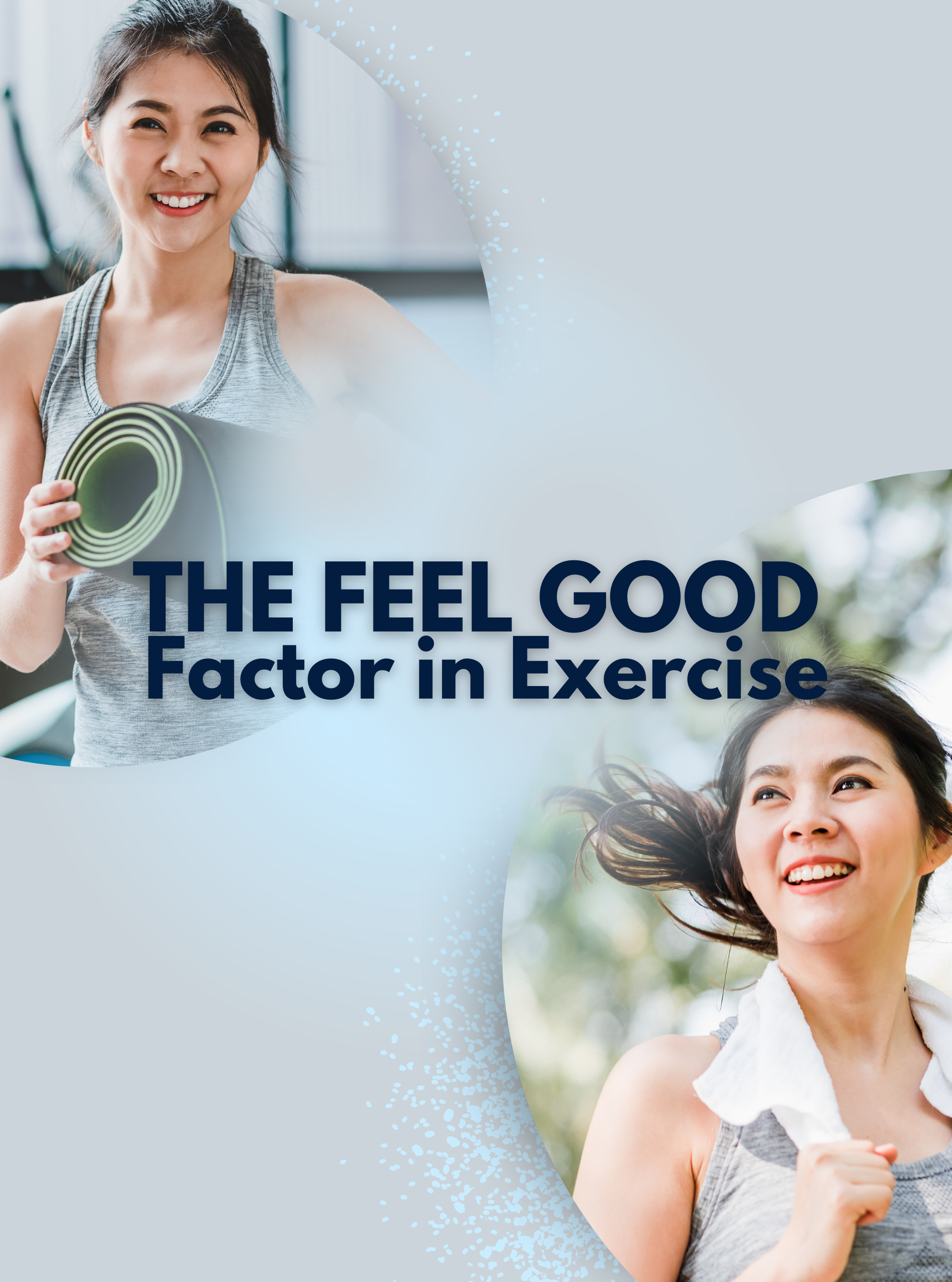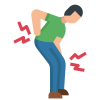

Endorphin is an endogenous hormone that released from pituitary gland during pleasurable activity e.g., aerobic exercise which helps in reduces pain, relieve stress and improve in general well-being.
Endorphin levels can be boosted through certain practices, but deficiency can also be caused by genetic or non-genetic factors like stress, substance abuse, depression, anxiety, chronic migraine, and fibromyalgia. These conditions can prevent endorphin release, leading to deficiency over time.
Lacking endorphin can lead to several complications. These symptoms include both physical and mental effects. Symptoms of endorphin deficiency include:

Depression

Anxiety

Muscle aches

Overall body pain

Substance abuse and addiction

Sleep problems

Impulsive behaviour
Various methods, such as exercise, diet, love, and laughter, can trigger natural endorphin and opiates in our bodies. Pain in the body releases endorphin in spurts, allowing humans incredible feats of strength and willpower when injured
Exercise can be an effective way to manage chronic pain by generating endorphin. Despite the challenge of exercising while experiencing pain, endorphins can obstruct pain signals and alleviate anxiety and depression.
Moreover, exercise can improve physical fitness, increase flexibility and energy, enhance mood, protect cardiovascular health, enhance sleep quality, and maintain a healthy body weight.
The Endorphin Hypothesis 🔄The runner’s high phenomenon
A pleasant feeling state associated with positive self-image, sense of vitality, control, and a sense of fulfilment reported by runners and by other exercisers after a certain amount and intensity of exercise.
Frequency
5 -7x/day
Type
Aerobic (E.g., running, treadmill, cycling, swimming, brisk walking, jogging)
Aerobic exercise – is an endurance physical activity which involved the use of oxygen to meet the energy demand via aerobic metabolism adequately
Intensity
Moderate intensity (can be measured by targeted heart rate or subjective measure based on BORG scale)
Duration
40-60 minutes
“Suggest that prolonged moderate exercise yields more positive psychological benefits than high- intensity exercise”.
Life Care Diagnostic Medical Centre Sdn. Bhd. 200401034597 (673106-V)
Bangsar South
WhatsApp: 0122343610
1st Floor, Wisma Lifecare,
No. 5, Jalan Kerinchi, Bangsar South,
59200 Kuala Lumpur
Cheras South
WhatsApp: 01127213620
19A-2 & 19B-2, Block E, Kompleks Komersil Akasa,
Jalan Akasa, Akasa Cheras Selatan,
43300 Seri Kembangan, Selangor
Operating Hour:
Monday – Friday: 8.00am – 5.00pm
Saturday: 8.00am – 1.00pm
Sunday & Public Holidays: Closed

Drop us your email to know more about our monthly deals and health tips!